The Fraunhofer Institute for Digital Media Technology IDMT has developed a new approach to cleaning large PV systems by using structure-borne sound. As part of the AkSoRe research project, the IDMT team has been working on a process for automatically cleaning solar modules using targeted mechanical vibrations.
The technology uses the structure-borne sound to remove soiling such as dust or sand from the module surfaces without contact, the use of water or any mechanical abrasion. Any soiling on the panels is gradually removed by targeted acoustic activation of the panel and the associated vibrations.
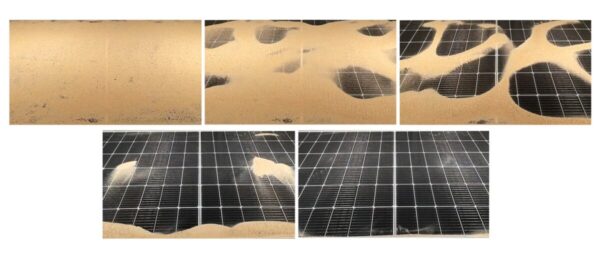
Image: Fraunhofer IDMT
Fraunhofer said the technology could be well suited to desert regions, where the number of solar parks continues to rise. The researchers also noted that the global market for solar module cleaning is expanding rapidly, with its value projected to reach $1.85 billion by 2033.
“With our acoustic cleaning technology, we want to address this issue and create real value for the solar industry,” said IDMT Project Manager Andreas Männchen. “Our goal is to make energy generation from PV systems even more sustainable and efficient.”
The researchers will show the technology at this year’s Intersolar Europe event from May 7 to 9 in Munich. The team will be on hand in Hall A2, booth 236.
The AkSoRe project, funded by the the German Federal Ministry for Economic Affairs and Climate Action (BMWK) until June 2027, is being supported by Silberform AG, a company specializing in structure-borne sound exciters, and J.v.G. Technology GmbH.
This content is protected by copyright and may not be reused. If you want to cooperate with us and would like to reuse some of our content, please contact: editors@pv-magazine.com.
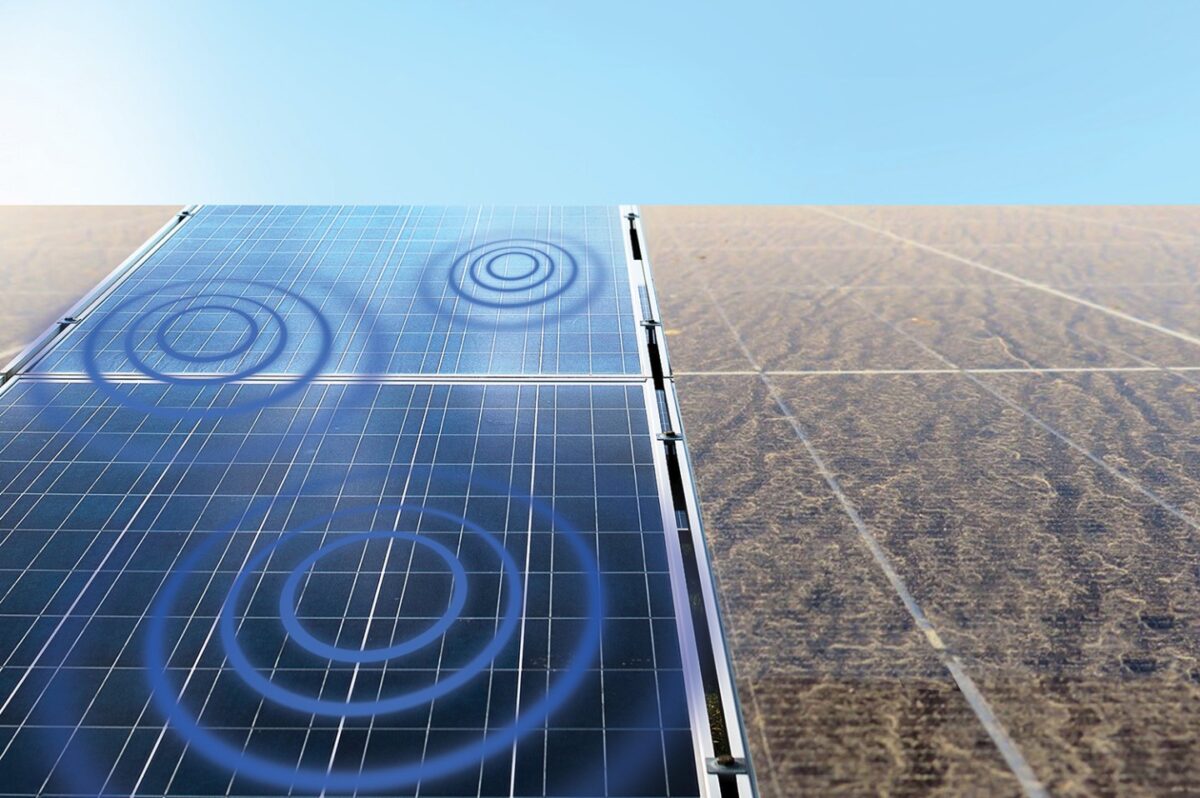
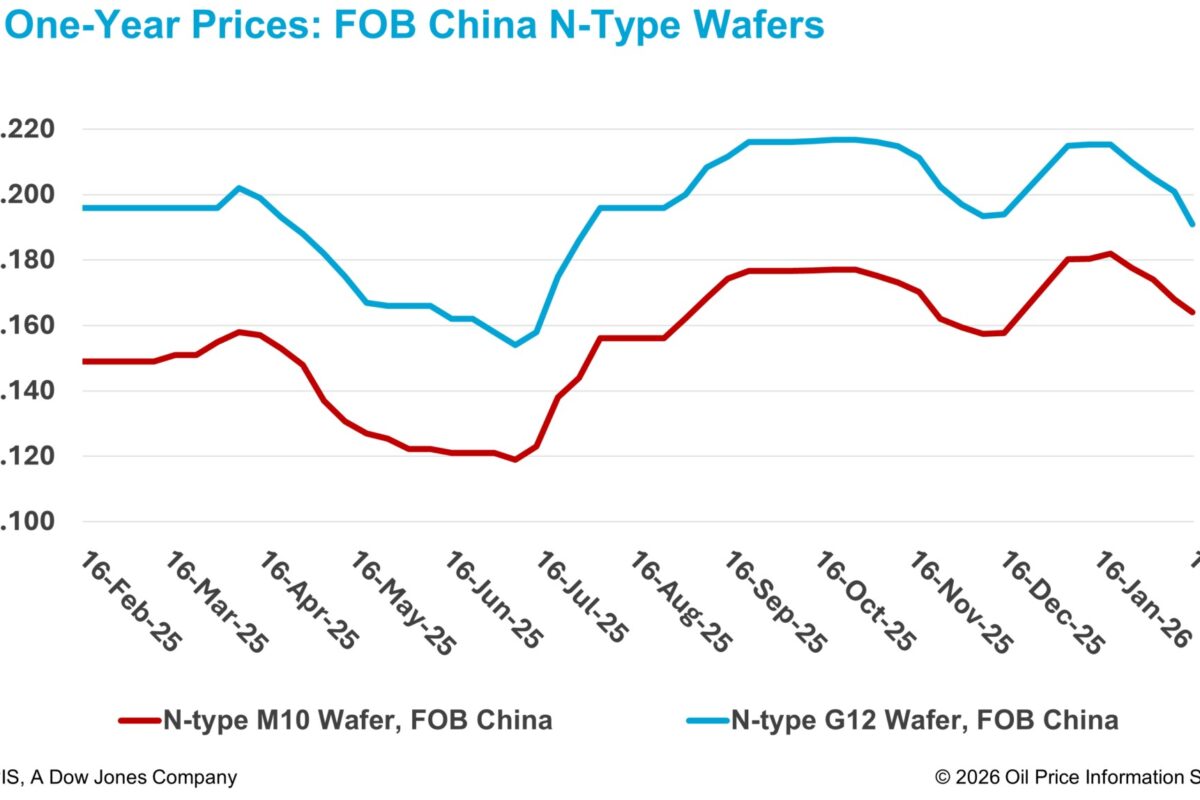

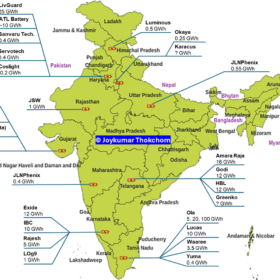
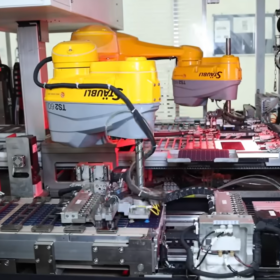

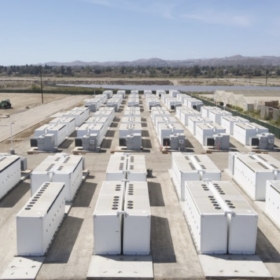

By submitting this form you agree to pv magazine using your data for the purposes of publishing your comment.
Your personal data will only be disclosed or otherwise transmitted to third parties for the purposes of spam filtering or if this is necessary for technical maintenance of the website. Any other transfer to third parties will not take place unless this is justified on the basis of applicable data protection regulations or if pv magazine is legally obliged to do so.
You may revoke this consent at any time with effect for the future, in which case your personal data will be deleted immediately. Otherwise, your data will be deleted if pv magazine has processed your request or the purpose of data storage is fulfilled.
Further information on data privacy can be found in our Data Protection Policy.